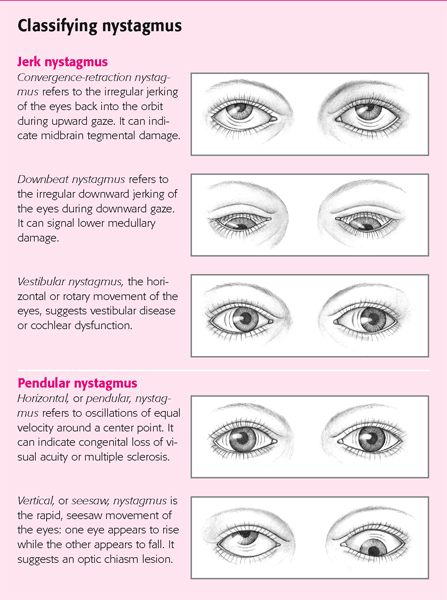So, its been an unbelievably busy few months and I’m really annoyed with myself that I haven’t been able to update this blog as much as I’d like. Seriously, if my blog was a friend, it would have stopped speaking to me by now! And what have I been busy with? Well, a lot of different things really. The first draft of my final year research project is almost complete, I’ve been churning out essay after essay for college, I’m chair of a society, and I also ran for and was elected to a national position within the youth wing of the political party I’m involved in (I’ve purposely omitted the party name as this blog isn’t the place for party politics). Busy time eh??
When I left off, it was around October time. Halloween passed off without incident – I think that night was spent watching scary movies and eating popcorn! November ended up being mad busy though, Final Year is really starting to gain traction now. I touched on how my education has been impacted by my albinism in the last blog but one thing I’d left out was the massive issue that is time management. It has always been, and probably will always be one of the biggest challenges I face. It would be a lie to say my disability doesn’t slow me down because in all honesty, it does, massively. Some of the issues people with albinism face are problems with fine motor skills, reaction time and reading time, especially if you have a nystagmus like I do. (I can hear people already wondering what that is – I’ll add a graphic to explain at the end). Of course this affects my life, inside and outside of academic life.
Think about it, how long does it take you to read a book? You can pretty much double or treble that time for me. How long does it take you to write a note or short letter? Again, double or treble that. That isn’t me complaining, its simple fact. I’m quite used to it and I know my limitations. But I almost always take on more than I can handle, its just how I am. I think the reasoning for that might be a subconscious thing though. I constantly strive to be as “normal” as everyone else, and I think by keeping myself as busy as my friends I feel like I’m achieving “normality”. Its obvious to me that part of me is clearly still slightly uncomfortable with my disability. But I’m 22, surely that’s still to be expected? I’m not outwardly uncomfortable; it’s a purely subconscious thing. The biggest issue with me taking on more than I can handle is an obvious one though; something along the way is going to suffer. Until just after Christmas, I was up to my neck in assignment extensions. These are given by lecturers on the basis of my disability slowing me down workwise, which it does. And it is a great option when you are under pressure, but I would urge others like me to try and hit the assignments running. That’s one thing I’ve failed to do almost every year and it is by far my biggest downfall. I always overestimate myself: “That essay won’t take me too long to research, I’ll do it tomorrow because this *insert another assignment name* is due sooner”. Again, I think the reason behind my overestimation of myself comes from that discomfort with my albinism.
Its not all doom and gloom though because I’ve got something really exciting going on at the moment – masters applications! (Below is a link to the recent coverage UCC’s postgrad open day got on the Examiner which i also featured in!) I’m going to apply for two at the end of this week and I’ll hopefully have some offers by the middle of March. Not to sound like a total nerd but its unbelievably exciting! I’m applying for two so it’ll be a wait and see game to see which offer I get. My parents are fairly excited too – I think deep down they’d always wondered how life through my “special” eyes would treat me. I’m sure it’s a feeling every parent has for their kid regardless of disability but its even more poignant for parents of a child with a severe disability be it hearing, sight or physical… “Where will my child go in life?”, “How will my child succeed?”, “How is this disorder/disease going to affect my little girl?”.
So again, I want to ask you all for feedback. How does your disability affect you or your childs’ time management? It’s an important thing to think about. Do any of you have experience of education at a masters level? Its slightly daunting to not know what I might be facing! I’d love to hear from someone with similar needs as mine.
http://www.irishexaminer.com/ireland/graduates-vie-to-stay-at-the-top-of-their-game-258172.html


